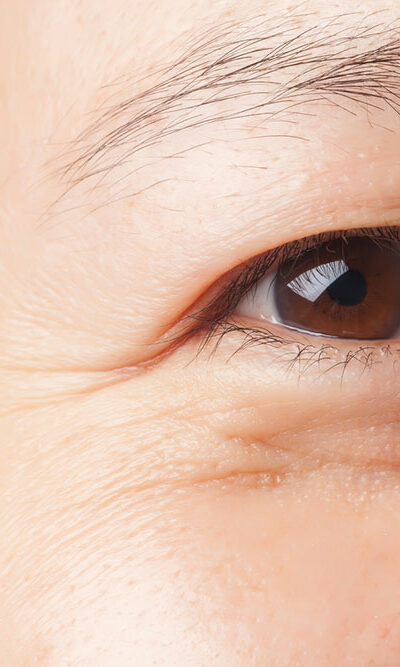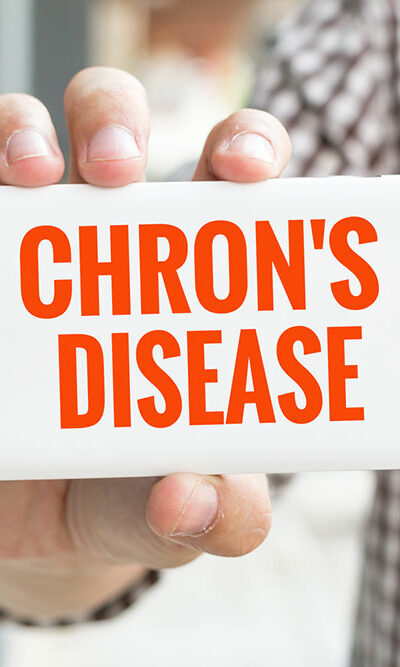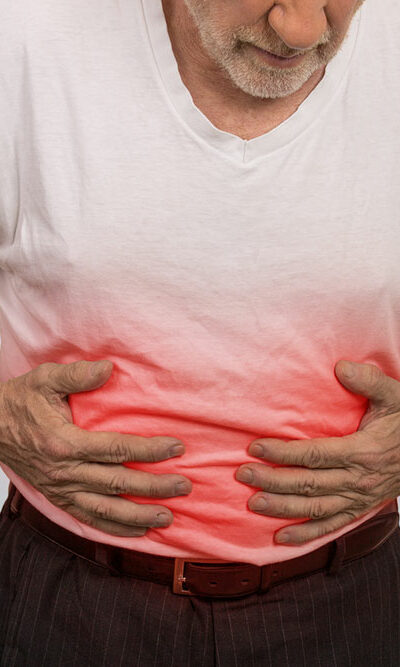
Essential Vitamins for Preventing Hair Loss
Hair loss is a common condition that affects thousands of men and women across the country. A person can experience it on the scalp or other parts of the body. Frequent hair loss can affect a person’s self-esteem and can be an indicator of underlying health conditions. It is vital to know about the essential vitamins for preventing hair loss that can help in controlling the condition. Why does hair loss happen? First, let’s take a quick look at the causes and symptoms of hair loss. This condition is often a result of medication, hormonal imbalances, lifestyle or hereditary factors. Male pattern baldness or excessive loss of hair from the scalp, commonly known as alopecia, is mostly a result of genetic factors. Different people may experience different types of hair loss. Men and women lose their hair in different ways. Some people may experience symptoms such as thinning of hair or bald patches while others may find clumps of hair fall after brushing or washing their hair. People who have gone through radiation or chemotherapy experience hair loss all over the body, although this hair grows back once the treatment is complete. Other factors such as age, traumatic experiences or nutritional deficiency can also result in hair loss. The intake of nutrients in the form of vitamins is essential for preventing hair loss. Essential vitamins for preventing hair loss Vitamin A This vitamin is one of the best options for controlling hair fall. The cells in the body need vitamin A to grow and develop. This vitamin also helps the glands in the skin release a greasy substance known as sebum which conditions the scalp and maintains the overall health of the hair. However, an excess quantity of vitamin A can cause hair loss. Vegetables such as carrots, sweet potatoes, pumpkins, kale, and spinach are rich in beta-carotene which gets converted into vitamin A in our bodies.










